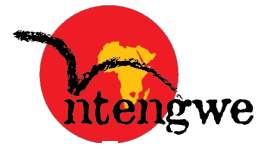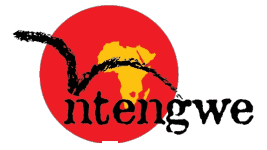Inclusive Education
At present, remote areas such as Binga district still has a large number of school-aged children with disabilities who are not getting the quality of compulsory education they need. There’s still a long way to go to achieve the goal of educational equality.
We at Ntengwe have devoted ourselves to Inclusive Education. We respond to the diversity of needs of all learners through increasing participation in learning, and reducing exclusion within and from education. Through advocacy, we create a better understanding of disability within our communities and we work closely with our key partners such as the Social Services, the Ministry of Primary and Secondary Education and the community to integrate disabled children into the school system.
Inclusive education systems
We create partnerships with parents, teachers, community leaders and government departments, as well as, organizations of people with disabilities to help transform the education system, legislation and policy and the way schools are organized to:
 Advocate for the support of teachers to be trained for inclusive education;
Advocate for the support of teachers to be trained for inclusive education;- Support disability-friendly infrastructure;
- Promote respect for diversity and inclusive learning. We take action to challenge negative attitudes and prejudice against children with disabilities;
- Create safe and inclusive environments – children cannot learn if they are bullied either by teachers or students;
- We form partnerships between parents, governments, schools, traditional leaders and organizations of people with disabilities to advocate for inclusive education, and,
- We put systems in place to monitor progress.
Twazunda Mugande’s story and photos were originally documented during his Audiometry test to detect whether he has a sensorineural hearing loss
In Binga district, ten-year old Twazunda has attended an audiometry test to assess whether he has a sensorineural hearing loss. Hearing impairment is relatively common among children. About 1.9% of children have trouble hearing, and permanent hearing loss is found in more than 1 out of every 1000 children screened for hearing loss, whether or not they have symptoms. Hearing impairment is slightly more common among boys.
Twazunda’s loss has affect his ability to develop clear speech. However, despite his challenges he has attended school and has not only managed to gain skills and moral support he needed, but has become a leading example by advocating, in his own way, for children with disabilities to attend school.
He is one who can read and write the most and has made incredible progress to communicate with his classmates. With the support he received from his teachers, and his class mates, he has managed to overcome communication difficulties and with the help from one of his teachers, he is learning to use sign language.
But there is more to be done. All children have the rights to a safe, inclusive and quality education, including children with disabilities. We want all children to be educated, improve learning for all children, help reduce prejudice and strengthen social integration to ensure that children with disabilities are equipped to work and contribute economically and socially to their communities.

